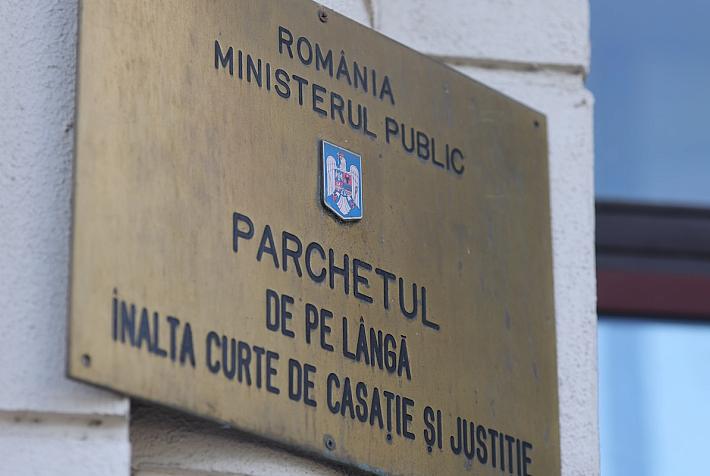Employers in Romania, unhappy with the quality of university graduates

Most employers in Romania are unhappy with the quality of higher education graduates, research shows.
The company recruiters have found that most university graduates in Romania aren’t capable of putting into practice their theoretical knowledge, which is the main thing that companies are interested in when hiring candidates for entry level positions. This reflects the rift between the state education system and the needs of the local labor market.
Some 7 in 10 employers find it very difficult to find the right employees for entry level positions that require higher education. Small and medium companies tend to have more problems than the bigger ones in finding candidates, according to a survey conducted by Millward Brown together with the Coalition for Romania’s Development and local recruiting portal Ejobs.
Companies see 14 candidates on average to select the right candidate. For sales positions the average number of candidates that need to be interviewed for a position is 17, the survey shows.
The main skills that employers search for are: putting theoretical knowledge into practice, personal values, planning and organizing activities, foreign language skills and verbal communication.
However, most candidates rank poorly on practice, decision making, and initiative. They are best on computer skills, personal values, and the desire for personal development.
Companies need 8 months, on average, to train entry level employees according to their needs. The process is faster in big companies, where training takes about 6 months.
Only 4 in 10 company representatives say they are pleased with the quality of higher education graduates. Employers prefer mathematics, computer science, and natural science graduates (57% of the recruiters are pleased with them) while the economic science candidates are poorly rated (only 36% of the companies are happy with these candidates).
The fact that a high number of university graduates are not ready for taking on an entry level job reflects the problems in Romania’s education system, which focuses more on accumulating information that on understanding and using it.
“Although education is a key factor for any country’s development, today we have 42% of the 15-year old students are functionally illiterate, which means they have been in school, can reproduce a text, but don’t understand the content. Romania ranked 45 out of 65 countries on this indicator, according to PISA test,” according to the Coalition.
The Coalition has also made several proposals for a quality education in Romania, which include developing STEM disciplines (Science, Technology, Engineering, and Mathematics) with a focus on applicability, developing the students’ artistic and emotional sides, increasing the quality of technical education through partnerships with the companies and training students for needed jobs, and reducing functional illiteracy.
Romanian employers’ hiring intentions, the strongest in seven years
editor@romania-insider.com











